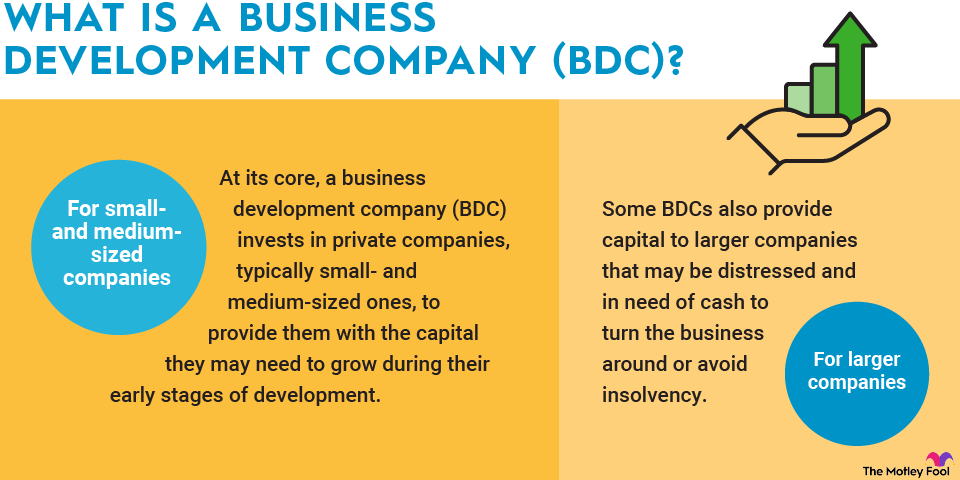When you're putting your money into an organization, it's important to understand the people who are operating it. That's why being able to answer the question, "What is a board of trustees?" is so important -- they're in charge of the funds of many types of organizations.

What is a board of trustees?
A board of trustees is a group of people who help manage an organization. It isn't the same thing as a board of directors, but it's easy to understand why the two may be confused. A board of trustees can act as a board of directors under certain situations, but legally, a board of trustees is its own entity.
The board of trustees is meant to help elevate the organization it represents while also proving that it's able to be trusted to advise the organization about its funds. Trustees are generally unpaid, and they hold no financial interests or stocks in the organizations they represent – it's generally a volunteer position.
What kinds of companies have boards of trustees?
Publicly traded companies all have boards of directors, as do many private companies, but a board of trustees is a different thing entirely. These boards sometimes appear in private businesses but are far more often found associated with nonprofit corporations, including hospitals, universities, and museums.
Since boards of trustees tend to be actively involved in fundraising and grant-writing, it makes sense that they are part of nonprofit organizations. Few private companies have the need for this kind of role.
What are the duties of a board of trustees?
The board of trustees is responsible for guiding and advising a nonprofit or private company on financial matters. Its duties can also extend to helping an organization reach out to current and potential donors to bring in additional funding. A few important roles of the board of trustees include:
Identifying potential donors. Most members of a board of trustees are people who have had long careers in business or other fields related to the organization they serve. They're also good at knowing potential donors, and being able to identify them individually and by demographic helps the organization do more with its limited resources.
Planning fundraising events. Fundraising events aren't successful operations if they don't cover their own expenses and then some, so it's very important that they're well planned and well attended. Trustees research their target demographic and design their fundraisers to focus on specific audiences.
Grant writing. Grant writing is an entire skill set all its own, and members of the board of trustees have already mastered it. They work on grant proposals for specific funding needs for their organizations, and they know which grants are most likely to select their organization before they even begin, making the best use of their time.
Cultivating relationships with funding sources. There are all kinds of funding sources for organizations, from private donors to charities and even government departments. The board of trustees forms relationships with these different funding sources so it can use these relationships to help meet mutual goals, such as improving access to the arts in an area or shoring up rural hospitals.
Related investing topics
Board of trustees vs. board of directors
A board of trustees, as stated previously, is a sort of fundraising and advising machine focused on maximizing the usable income for an organization. Members generally don't get paid, have no financial gain from the position, and serve on a volunteer basis. They help uphold the mission of the organization and engage with the public to obtain donations.
Profit
A board of directors, on the other hand, is typically affiliated with a publicly traded company or a private business, although it is sometimes part of a nonprofit, as well. The board of directors is focused on maximizing the profits of the company it's affiliated with; members are often paid for their work, and can -- and often do -- hold stock in the company they are directing. The board of directors' ultimate goal is to defend the interests of stakeholders and other investors.



















